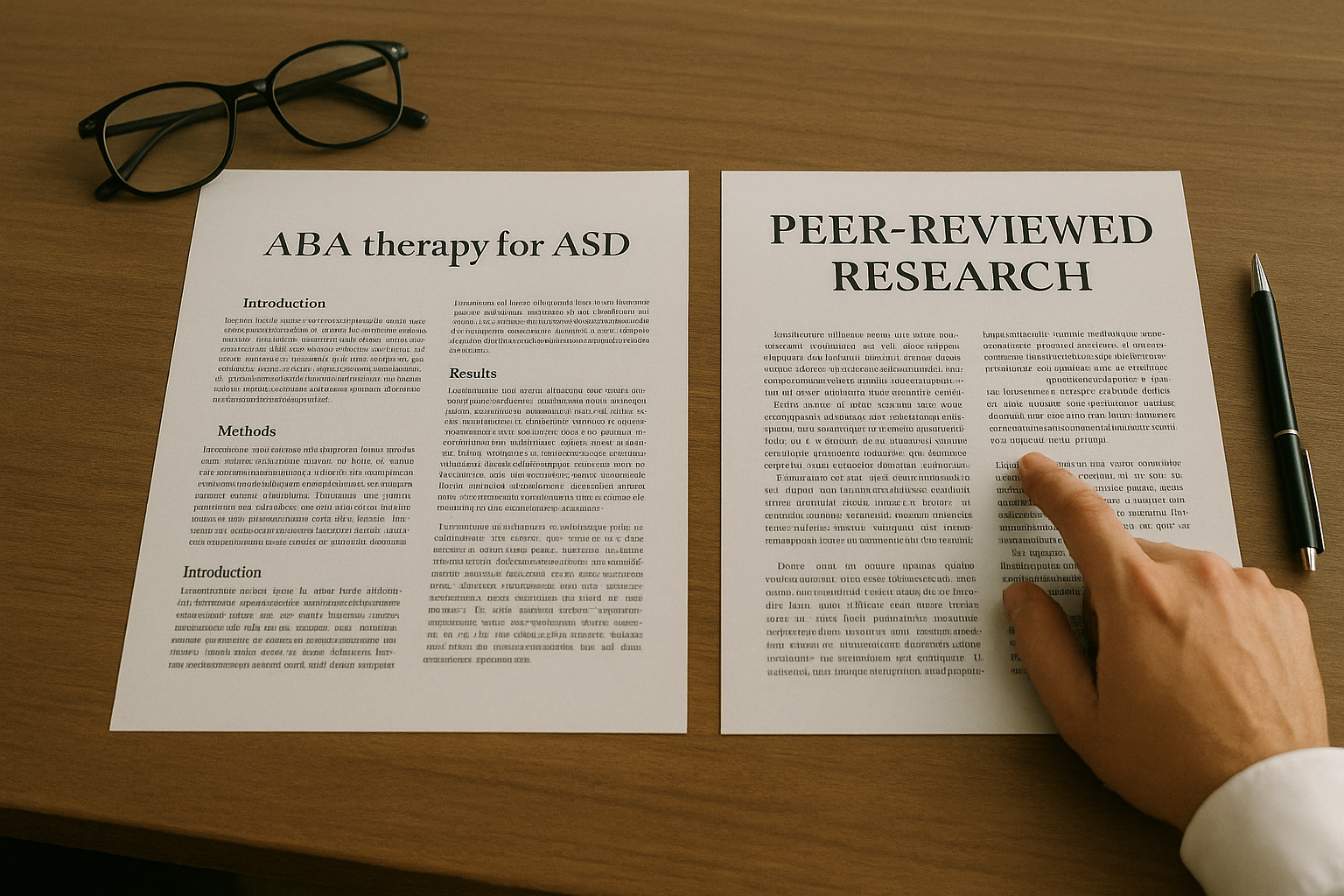What is ABA Therapy?
At Rising Steps ABA, our mission is rooted in the science of meaningful change. Applied Behavior Analysis (ABA) is an evidence-based therapy that uses the principles of learning and behavior to improve socially significant skills and reduce behaviors that may interfere with daily living.
ABA
Applied Behavior Analysis (ABA)
Backed by decades of research, ABA is widely recognized as the gold standard in treatment for individuals with autism spectrum disorder (ASD) and other developmental challenges.

What is ABA?
Therapy is highly individualized and data-driven, meaning we assess progress regularly and adjust strategies to meet each client’s unique needs and goals.
ABA therapy focuses on:
Teaching new skills such as communication, self-help, academics, and social interaction
Reducing challenging behaviors through positive behavior supports
Improving quality of life by increasing independence and daily living abilities

How Does ABA Work?
ABA programs involve:
A Board Certified Behavior Analyst (BCBA) who assesses needs and creates a personalized treatment plan
Registered Behavior Technicians (RBTs) who implement the plan in everyday environments
Ongoing data collection and analysis to guide decision-making
Family involvement and training to ensure consistency and long-term success

Why ABA?
At Rising Steps ABA, we extend this support to include community integration and independent living preparation, especially for teens and young adults.
Research has consistently shown that ABA therapy can lead to significant improvements in:
Communication and language development
Social and play skills
Self-care and daily routines
Emotional regulation and coping strategies
School readiness and academic success

Peer-Reviewed Research & Resources
If you’d like to explore the scientific foundation of ABA, here are some key peer-reviewed articles and resources:
Behavioral treatment and normal educational and intellectual functioning in young autistic children.
Journal of Consulting and Clinical Psychology, 55(1), 3–9.
https://doi.org/10.1037/0022-006X.55.1.3
Discrete trial training in the treatment of autism.
Focus on Autism and Other Developmental Disabilities, 16(2), 86–92.
https://doi.org/10.1177/108835760101600204
A comparison of intensive behavior analytic and eclectic treatments for young children with autism.
Research in Developmental Disabilities, 26(4), 359–383. https://doi.org/10.1016/j.ridd.2004.09.005
National Standards Project – Phase 2 Report.
A comprehensive review of the evidence-based practices for autism treatment.
https://www.nationalautismcenter.org/national-standards-project/phase-2
Learn more about the professional standards and credentialing body for ABA providers. https://www.bacb.com
